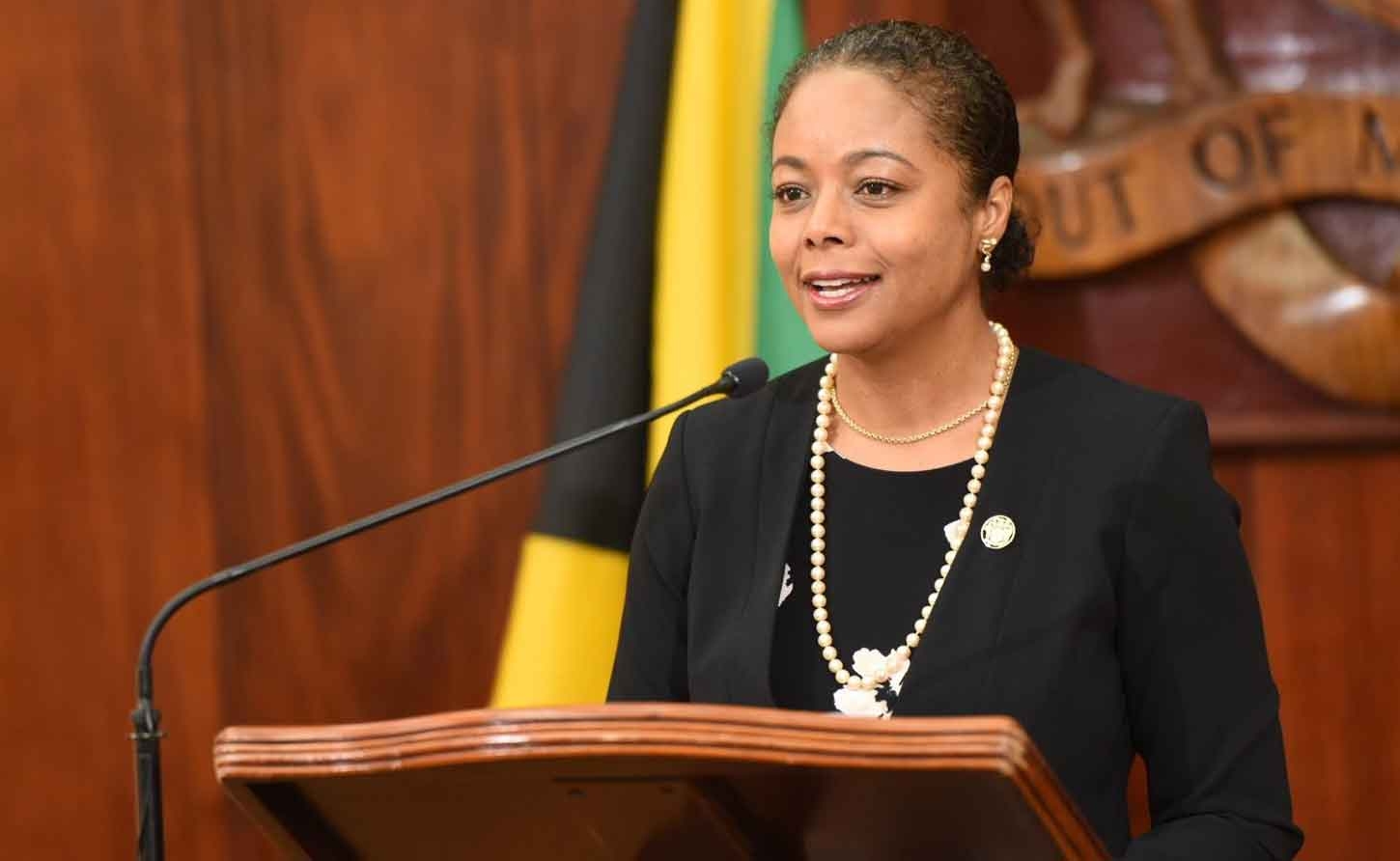JAMAICA | The JLP's Swift Backtrack on Civil Service "Clamp Down" Exposes Deeper Governance Questions

MONTEGO BAY, Jamaica, July 21, 2025 -In the span of less than 24 hours, Jamaica's ruling party executed one of the swiftest political retreats in recent memory—but not before revealing something troubling about its approach to governance.
What began as Minister Marlene Malahoo Forte's weekend warning about "politically driven civil servants" quickly collapsed under scrutiny, raising uncomfortable questions about whether the Jamaica Labour Party is manufacturing problems to justify future political overreach.
The sequence of events reads like a masterclass in political misdirection gone wrong. On Sunday night, addressing the JLP's Area Council Four meeting at Anchovy High School, Malahoo Forte delivered what appeared to be red meat for the party faithful, painting a picture of civil servants either sabotaging the government or coasting on job security because of political loyalties.
By Monday afternoon, however, the Legal and Constitutional Affairs Minister was in full retreat mode, insisting that suggestions of a government "clamp down" represented "a gross misrepresentation of my remarks." The damage control was swift, comprehensive—and telling.
A Solution in Search of a Problem
The most striking aspect of this controversy isn't the political backtrack—it's the absence of credible evidence supporting the original claims. While Malahoo Forte referenced "reports of public servants being partisan in the execution of their duties," neither she nor the government has presented concrete evidence of widespread political interference by civil servants.
The reality tells a different story. Jamaica's civil service has, for the most part, maintained public neutrality over successive administrations. Civil servants have advocated primarily for their rights as workers—pressing for promised wage increases, better working conditions, and professional development opportunities. These are legitimate labor concerns, not political machinations.
The Jamaica Civil Service Association, representing thousands of public sector workers, has consistently focused on bread-and-butter issues: salary negotiations, pension rights, and workplace conditions. Their public statements and actions over recent years show an organization concerned with workers' welfare, not political sabotage.
The Missing Evidence
If civil service politicization were indeed the systemic problem Malahoo Forte suggested, where is the evidence? Which specific policies have been deliberately undermined? What documented instances of partisan behavior can the government cite? The minister's retreat to generic talking points about "political neutrality" suggests these specifics don't exist.
Even the 2015 complaints she referenced—allegations that some public servants used political affiliations as excuses for poor performance—represented isolated incidents rather than systemic breakdown. More importantly, those complaints were addressed through existing management structures, demonstrating that the system has mechanisms to handle legitimate concerns.
Creating Justification for Future Actions
The timing and nature of Malahoo Forte's original comments raise more troubling possibilities. With general elections approaching, was this an attempt to lay groundwork for future civil service "reforms" that could facilitate political appointments? The pattern is familiar in democracies experiencing democratic backsliding: create a crisis narrative to justify extraordinary measures.
International research on democratic decline shows that attacks on civil service independence often begin with unsubstantiated claims about politicization and disloyalty. These narratives then provide cover for replacing professional civil servants with political loyalists, undermining institutional independence under the guise of reform.
The Real Track Record
Jamaica's civil service, while not perfect, has demonstrated remarkable resilience and professionalism across multiple political transitions. Career civil servants have served under both PNP and JLP administrations, maintaining continuity in essential services and institutional memory. This stability has been a democratic asset, not a liability.
The most significant civil service controversies in recent years have centered on legitimate workplace issues: delayed salary payments, inadequate resources, and unclear promotion criteria. These are management challenges, not political conspiracies. Civil servants seeking redress through their unions and professional associations were exercising legitimate rights, not undermining democracy.
The Dangerous Precedent
By floating unsubstantiated claims about civil service politicization, then rapidly retreating when challenged, the JLP has set a concerning precedent. It suggests an administration willing to question institutional integrity without evidence, then dodge accountability when called out.
This approach corrodes public trust in both the government and the civil service. Citizens need confidence that their public institutions operate professionally and that their political leaders deal honestly with governance challenges. Neither requirement is met when ministers make inflammatory claims they cannot or will not substantiate.
What This Really Reveals
The 24-hour controversy reveals more about the JLP's mindset than about civil service problems. It suggests an administration so steeped in political thinking that it views professional independence as potential disloyalty. This represents a fundamental misunderstanding of how democratic institutions should function.
Professional civil servants who resist poorly conceived policies or insist on proper procedures aren't being political—they're being professional. A mature democracy distinguishes between legitimate professional pushback and political sabotage. The JLP's apparent inability to make this distinction is concerning.
The Cost of Crying Wolf
Perhaps most damaging is what this episode does to the government's credibility on legitimate governance issues. When real problems with public administration arise—and they inevitably will—how can citizens trust a government that has already shown willingness to manufacture crises for political purposes?
The civil service, meanwhile, faces the impossible position of defending its professionalism against baseless attacks while continuing to serve the very government questioning its integrity. This dynamic poisons the relationship between political leadership and career professionals that effective governance requires.
Moving Forward
Jamaica's democracy is strengthened by a professional, politically neutral civil service that serves successive governments with equal dedication. The evidence suggests this is largely what the country has. Rather than creating problems where none exist, political leaders should focus on supporting and strengthening these democratic institutions.
The JLP's rapid backtrack may have contained immediate political damage, but it has raised deeper questions about the party's commitment to institutional integrity. In a democracy, professional civil servants should be partners in governance, not targets of unfounded suspicion.
The real question emerging from this controversy isn't whether Jamaica's civil service has political problems—it's whether its political leadership does.
-30-
